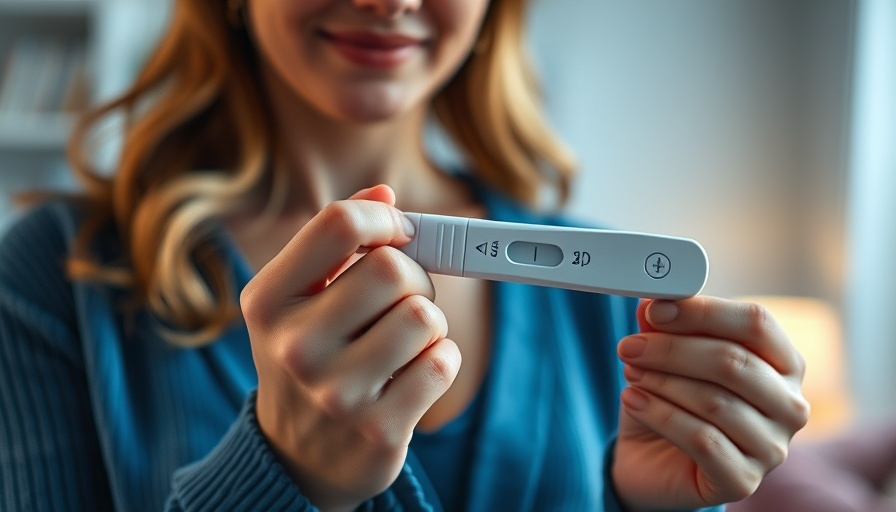
Understanding Holistic Fertility: A Comprehensive Approach
For millions of couples, conceiving can be a challenging journey laden with hope and heartache. Infertility affects approximately 15% of couples, with many unable to pinpoint a specific reason for their struggles. While conventional treatments are available, such as ovulation-stimulating medications and advanced procedures like in-vitro fertilization, there is a growing recognition of holistic approaches that integrate lifestyle changes, emotional well-being, and alternative therapies. This article dives into several natural therapies that may help support and enhance fertility.
Embracing Natural Health: The Role of Probiotics
One promising avenue lies in the use of probiotics. Unlike antibiotics that clear away harmful bacteria, probiotics foster a healthy gut microbiota and introduce beneficial bacteria to the body. Specifically for women, an imbalance in the microflora can lead to infections and complications in the reproductive system. Probiotics, particularly strains like Lactobacillus, can help stabilize this balance, reducing inflammation, and promoting overall reproductive health. Furthermore, they may aid in sperm quality, enhancing the chances for conception. Found in supplements and fermented foods such as yogurt and kombucha, probiotics offer a holistic tool many couples can integrate into their fertility journeys.
Acupuncture: A Time-Tested Tradition for Hormonal Balance
Another holistic approach gaining popularity is acupuncture, a cornerstone of traditional Chinese medicine known for its ability to restore balance in the body. It operates on the principle that adequate energy flow, or 'qi,' is vital for maintaining health and well-being. Studies suggest that acupuncture can enhance fertility by improving blood flow to the reproductive organs and regulating hormones. Many women opt to begin acupuncture several months before pursuing IVF treatments, as it targets both physical symptoms of infertility and the emotional stress that often accompanies the process.
Herbal Supplements: Ancient Wisdom in Modern Fertility
Herbal remedies, an integral part of various traditional medical systems, also play a significant role in holistic fertility treatment. Ayurvedic practices include potent herbs such as Shatavari and Chasteberry, both recognized for their hormone-regulating properties and ability to enhance reproductive health. Shatavari is celebrated for promoting ovulation and improving overall reproductive function, while Chasteberry has been used historically to alleviate various reproductive disorders. Consulting with a knowledgeable practitioner can help couples explore these options safely and effectively.
Emotional Well-Being: The Psychological Aspect of Fertility
Understanding that fertility is as much an emotional journey as a physical one can transform how we approach conception. Integrating mind-body practices such as yoga and mindfulness can significantly reduce stress levels. Stress has been shown to negatively impact fertility, making the emotional aspect of the process crucial. Mental health professionals and holistic health practitioners often advocate for approaches that foster emotional strength and resilience during this difficult time.
Connecting the Dots: The Importance of a Holistic Approach
As the conversation around fertility evolves, it is vital to recognize the cumulative impact of lifestyle choices, emotional health, and complementary therapies. From nutrition to emotional support and natural therapies, each aspect contributes to the overall landscape of fertility. Couples are encouraged to discuss these holistic options with their healthcare providers to craft a personalized fertility strategy.
For those navigating the complex terrain of fertility, incorporating a holistic view may open new pathways to conception. These approaches not only support physical health but also nurture mental and emotional wellness, essential components of a successful fertility journey.
 Add Element
Add Element  Add Row
Add Row 



 Add Row
Add Row  Add
Add 


Write A Comment